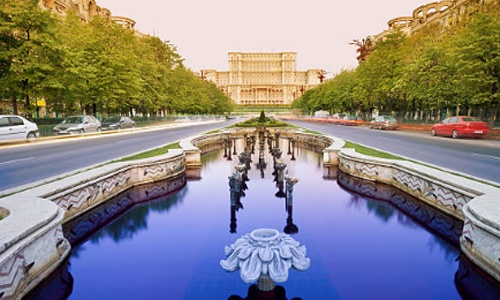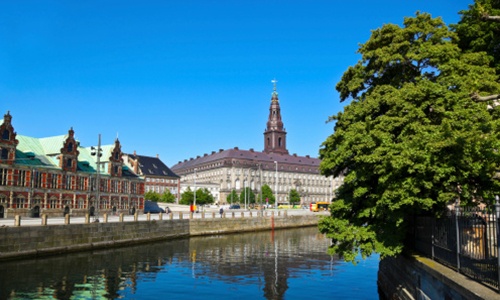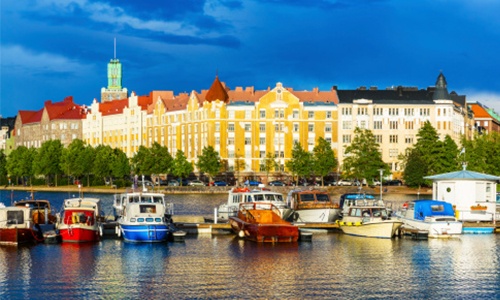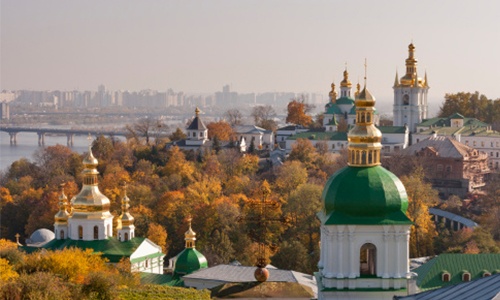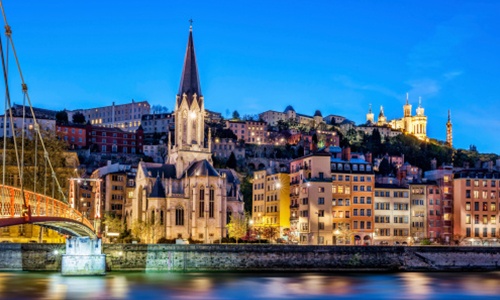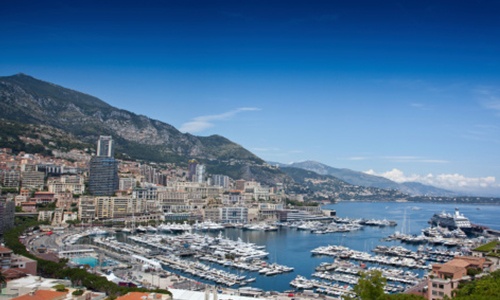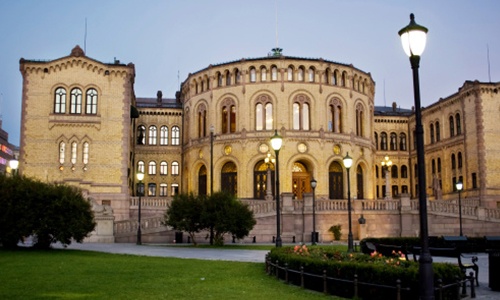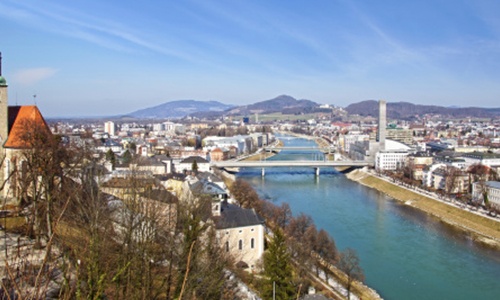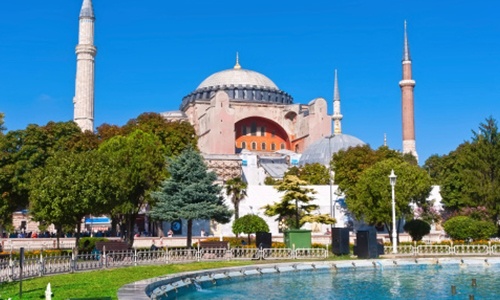
Amsterdam, Netherlands
Amsterdam is the financial and business capital of the Netherlands. Amsterdam is currently one of the best European cities in which to locate an international business. It is ranked fifth in this category and is only surpassed by London, Paris, Frankfurt and Barcelona. Many large corporations and banks have their headquarters in Amsterdam, including Akzo Nobel, Heineken International, ING Group, Ahold, TomTom, Delta Lloyd Group and Philips. KPMG International’s global headquarters is located in nearby Amstelveen, where many non-Dutch companies have settled as well, because surrounding communities allow full land ownership, contrary to Amsterdam’s land-lease system. Though many small offices are still located on the old canals, companies are increasingly relocating outside the city centre. The Zuidas has become the new financial and legal hub. The five largest law firms of the Netherlands, a number of Dutch subsidiaries of large consulting firms like Boston Consulting Group and Accenture, and the World Trade Center Amsterdam are also located in Zuidas. The Amsterdam Stock Exchange (AEX), now part of Euronext, is the world’s oldest stock exchange and is one of Europe’s largest bourses.










